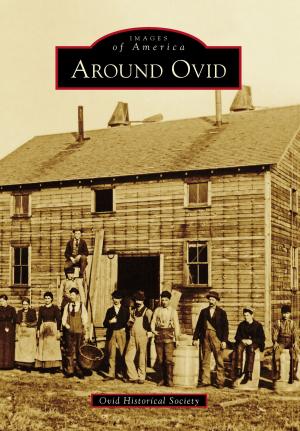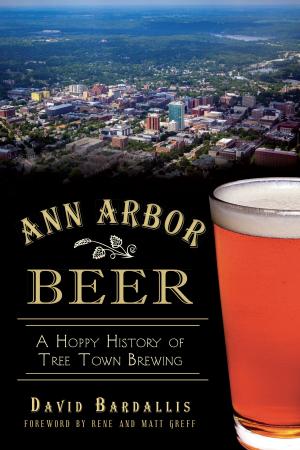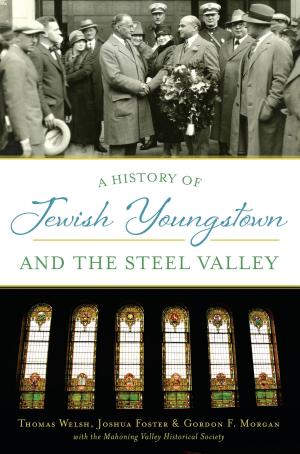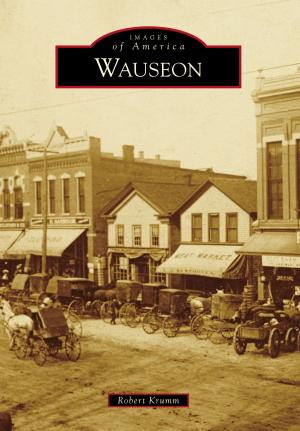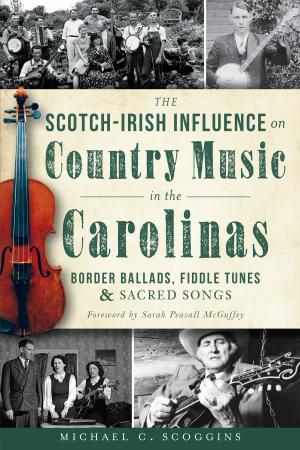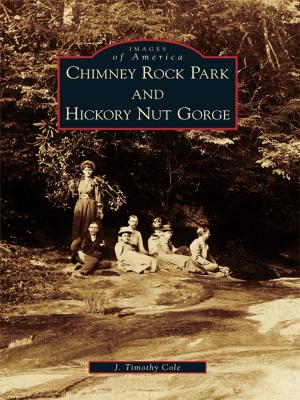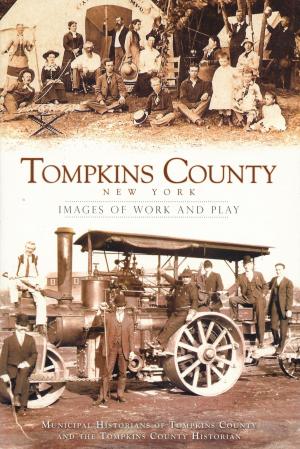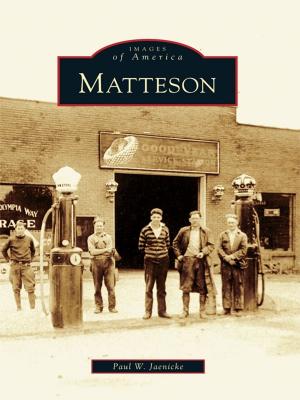Legendary Locals of Greene County
Nonfiction, Art & Architecture, Photography, Pictorials, Travel, United States, History, Americas| Author: | David Dorpfeld, Wanda Dorpfeld | ISBN: | 9781439648025 |
| Publisher: | Arcadia Publishing Inc. | Publication: | October 27, 2014 |
| Imprint: | Legendary Locals | Language: | English |
| Author: | David Dorpfeld, Wanda Dorpfeld |
| ISBN: | 9781439648025 |
| Publisher: | Arcadia Publishing Inc. |
| Publication: | October 27, 2014 |
| Imprint: | Legendary Locals |
| Language: | English |
Greene County was created in 1800 from parts of Albany and Ulster Counties, and it is named after Gen. Nathanael Greene of Revolutionary War fame. Early on, the economy of the county was primarily agricultural with a few small mills and most of the settlements located along the Hudson River and its tributaries. In the early 19th century, the economy took off: people from New England began settling the mountains to the west, the Susquehanna Turnpike opened, leather tanning and brick- and pottery-making became prominent, ice was harvested and shipped to New York City, ship-building gained importance, and tourism started to be popular. Today, tourism is still important to the area, and the county features two major ski resorts. Much of Greene County is also part of the Catskill Mountain Park, which attracts many nature-lovers all year round. Over the years, county natives and transplants have made many contributions to industry, entertainment, government, military, recreation, and the arts.
Greene County was created in 1800 from parts of Albany and Ulster Counties, and it is named after Gen. Nathanael Greene of Revolutionary War fame. Early on, the economy of the county was primarily agricultural with a few small mills and most of the settlements located along the Hudson River and its tributaries. In the early 19th century, the economy took off: people from New England began settling the mountains to the west, the Susquehanna Turnpike opened, leather tanning and brick- and pottery-making became prominent, ice was harvested and shipped to New York City, ship-building gained importance, and tourism started to be popular. Today, tourism is still important to the area, and the county features two major ski resorts. Much of Greene County is also part of the Catskill Mountain Park, which attracts many nature-lovers all year round. Over the years, county natives and transplants have made many contributions to industry, entertainment, government, military, recreation, and the arts.

